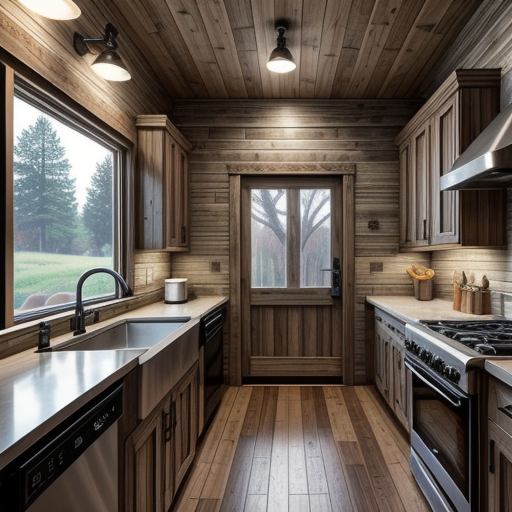Relocating to a new home can be an exciting chapter in anyone's life, but it also comes with various financial considerations that are essential to anticipate for proper budgeting. Understanding these costs ahead of time can help mitigate unexpected expenses and make your moving process smoother overall.
First and foremost, one of the most significant costs you’ll encounter is the hiring of professional movers or rental of a moving truck for a do-it-yourself move. Depending on the distance of your move and the amount of belongings, this can range from a few hundred to several thousand dollars. Additionally, insurance coverage for your possessions during transit may also tack on extra expenses.
Packing materials are another expense that’s often overlooked. Boxes, tape, bubble wrap, and other packing essentials can quickly add up, especially if you have a large household to pack. Consider sourcing free boxes from local businesses, family, and friends, or using more cost-effective packing strategies to minimize this cost.
In some instances, particularly with long-distance relocations, you might need temporary accommodation before your new home is ready. Hotel or Airbnb stays could become necessary for a short or extended period, adding another layer of expense to your move.
Furthermore, you should be prepared for utility setup fees and deposits when transitioning services like electricity, water, and internet to your new residence. Some providers require a deposit or have specific fees for initial setups.
If you’re selling a home as part of your move, don’t forget to account for costs such as repairs, home staging, and agent commissions. All can heavily impact your overall moving budget.
By planning and understanding the full spectrum of costs associated with moving, you can ensure a seamless transition to your new home and a more enjoyable relocation experience.






















































